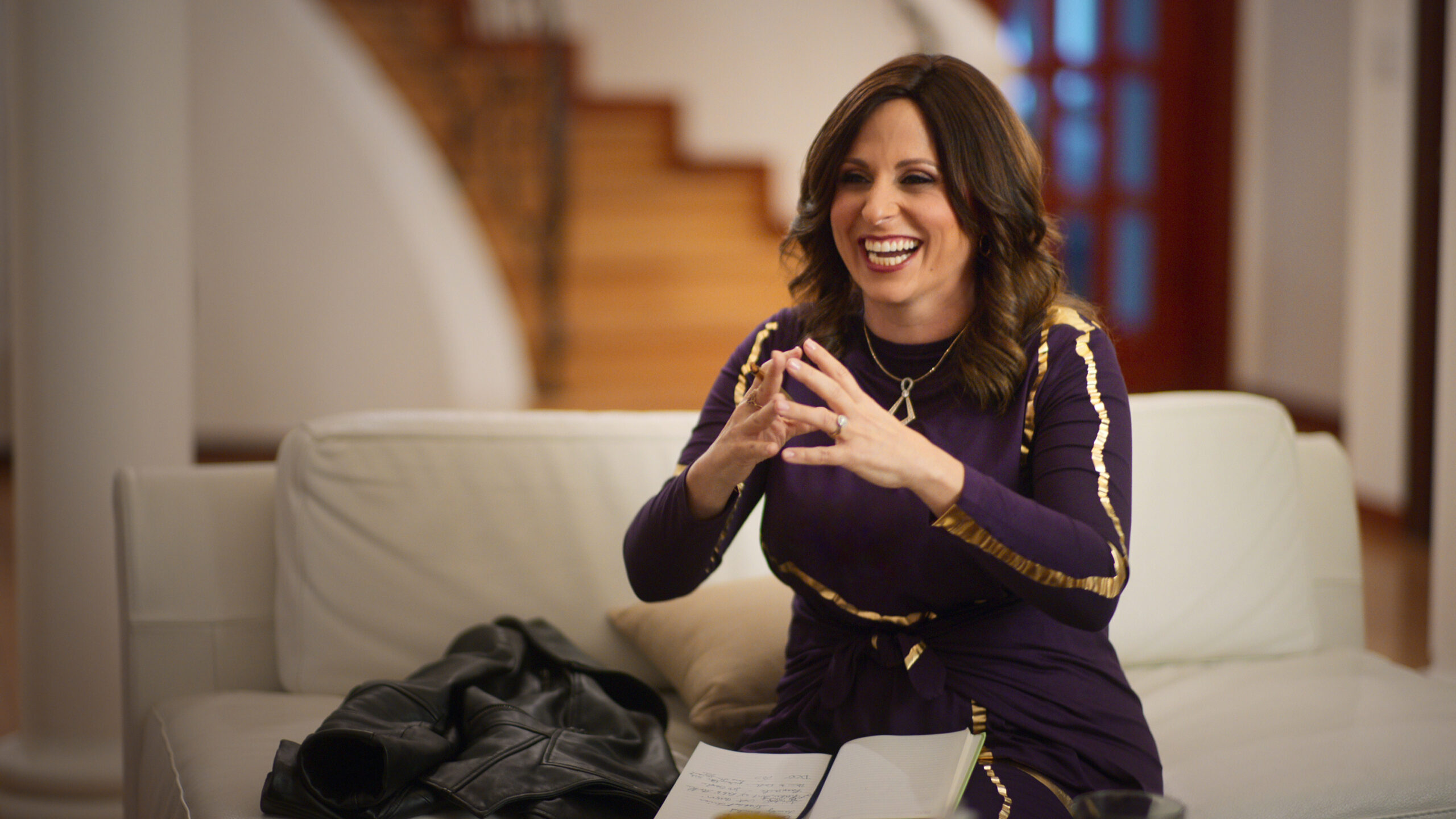
Lifestyle/Community

Matchmaker, matchmaker, what makes a Jewish match?
“She has to have blue eyes.” “He must daven three times a day.” Igniting discussion about dating idiosyncrasies, Netflix show Jewish Matchmaking also highlights what sets Jewish dating apart.
When we’re single, regardless of our religious background, most of us have a relatively specific idea of what we’re looking for in a partner, internally and externally. Though there are certain non-negotiables, our expectations may shift through time and experience. But, as is true of many cultures and religions, being able to connect through Judaism and its philosophies has an undeniable impact on the dating process.
“Finding our unique Jewish connection with our person is something that we can’t do with anyone else,” says Jewish Matchmaking star Aleeza Ben Shalom in an exclusive interview with the SA Jewish Report. A world-renowned matchmaker and dating coach, Ben Shalom says that though there are more than 15 million Jews with more than 15 million ways to be Jewish, our Jewish background binds us together.
“People are looking for what they’ve seen that has worked in their own homes,” says Joburg-based dating coach and matchmaker Casey Shevel, who also hosts singles events. “People who come from happy Jewish homes where their parents have been together forever want that. They want the tradition, they want the Friday night, they want to go to shul, and they want someone who has experienced that, who that’s normal for so that they can recreate that in their own home.” This also works conversely, she says, in that singles often speak in terms of what they don’t want, the deal breakers they have experienced at home or with other partners.

Though using a matchmaker has historically been more common amongst more Orthodox Jews, the practice is becoming more established across the board, says Shevel, who has more secular than religious clients. “Maybe because of shows like Jewish Matchmaking, people are curious about how it works. Possibly they’ve been burned and realise that what they’re doing isn’t working, so they’re happy to try a new avenue. I think any stigma around consulting a matchmaker is shifting.”
Though many are dedicated to finding Jewish partners – as those who approach Jewish matchmakers inevitably are – for others, it’s not as much of a priority. Regardless, Jewish thinking and trends around dating can add a different element to finding a match. For one, families are often quite involved in their children’s love lives – for better or worse. On the show, many a mother – and sometimes entire families – join their sons or daughters for the initial meeting with Ben Shalom.
Parental involvement is also common in the South African Jewish community, says Shevel. “I have parents who phone me and want to know if I have someone for their son or their daughter, and they sometimes hold their hand throughout the dating process. Sometimes that’s great because there’s that sense of support, their parents are looking out for them. But sometimes it’s a bit of a hindrance because they are noodging them, putting in their two cents’ worth, and adding extra pressure.”
When it comes to Jewish dating, there’s also halacha. One practice highlighted in Jewish Matchmaking is shomer negiah, literally translated as “observant of touch”. Practically, it means that couples don’t make any physical contact with one another until they are married.
While for the strictly observant, this practice is non-negotiable, some may attempt it at different levels while others may ignore it altogether or know nothing about it. Interestingly, Ben Shalom often suggests that less observant clients give shomer negiah a try.
“I think that less religious people are open to trying different things because they don’t have any preconceived notions about them,” she says. “For the many who are open to trying something new, it’s almost like an experiment in dating. They’re saying, ‘What I’ve been doing hasn’t been working, so let’s try a new way.’”
Ben Shalom says that shomer negiah promotes clarity. “When we don’t touch hands or touch bodies, we can touch hearts and we can touch minds,” she says. “We can focus on really getting to know somebody on the inside and understand our experience of them without confusing how we feel about them with how we feel about our physical interaction.” That’s not to discount the importance of physical attraction, she says, we have bodies and souls and need to connect on both levels. “Yet, we really have to make sure that the inside is aligned because without that, nobody would stay married.”
When seeking the right partner, says Rabbi Ari Kievman of Chabad Sandton Central, we must ensure that we like as well as love them. “We shouldn’t just fall in love, we should also be able to grow in love,” he says. “There has to be mutual respect. There are enough differences between men and women already, so aside from the chemistry and romance, there must be values that are aligned with each other.” We also both need the motivation, says Ben Shalom, to build something that we want to maintain for our lifetime.
Yet, though in Judaism we speak of finding our bashert, Kievman, Ben Shalom, and Shevel all agree that we don’t get only one soulmate. “The word bashert literally means ‘destiny’ or ‘meant to be’, and from that perspective, it’s possible to have more than one soulmate,” says Kievman. “Certain people were meant to cross each other’s paths even if their relationship has to terminate. Bashert is not only about ‘the one’, but a person who we connect with, and there has to be a reason why we connected.”
We can have many soulmates, but only one soulmate at a time, says Ben Shalom. “Are there different levels of soulmates, different levels of connection?” she asks. “Yes. But if you get married, that’s your soulmate in that moment.”
Indeed, it’s under the chuppah that soulmates are made in Judaism. “Before you get married, you have a potential soulmate,” says Ben Shalom. “As Jews, we’re all about actions, we ‘do’, which is why we have mitzvot. So there has to be an action that accompanies our thoughts and feelings. In this world, to make a soulmate, we literally have to make one, we have to have a chuppah – to have a ceremony to bind us together.”










